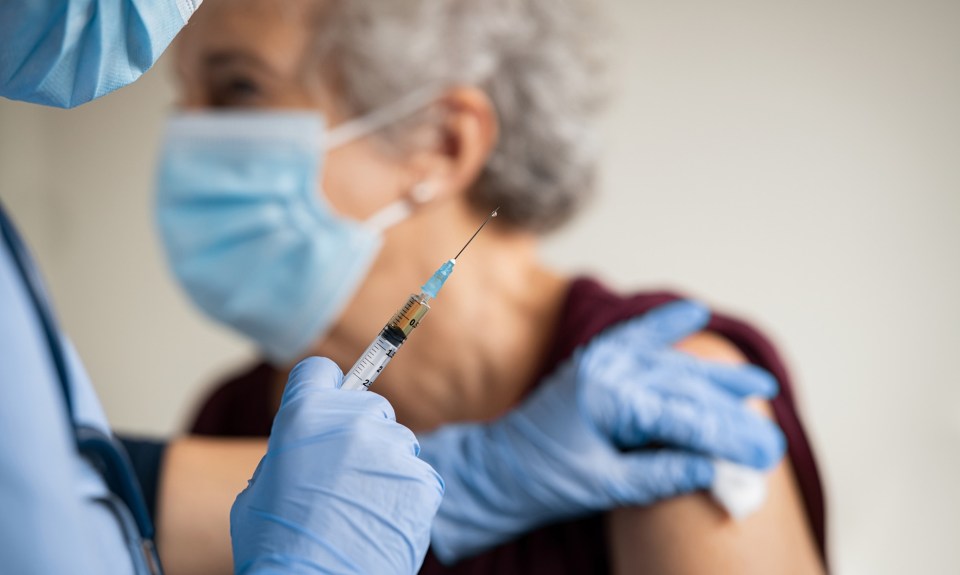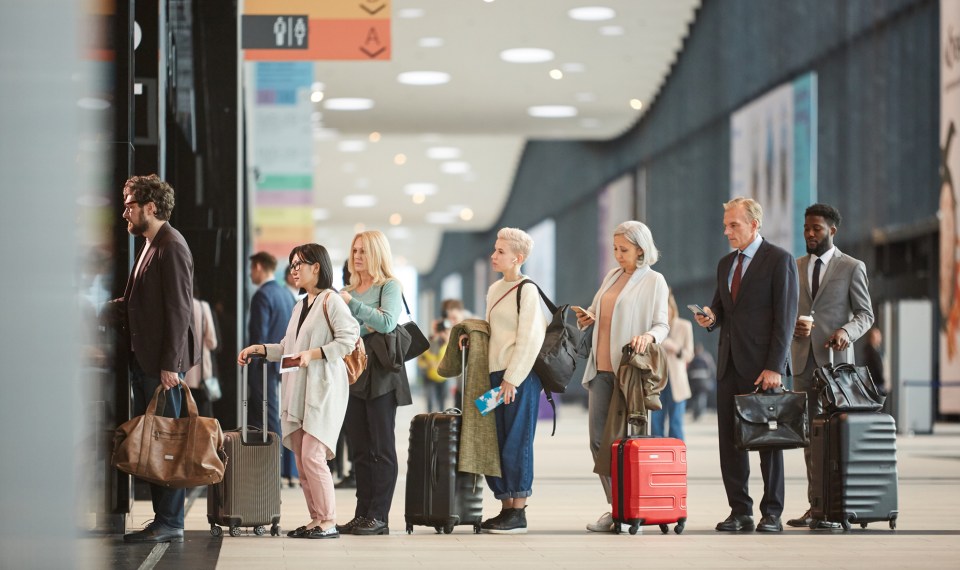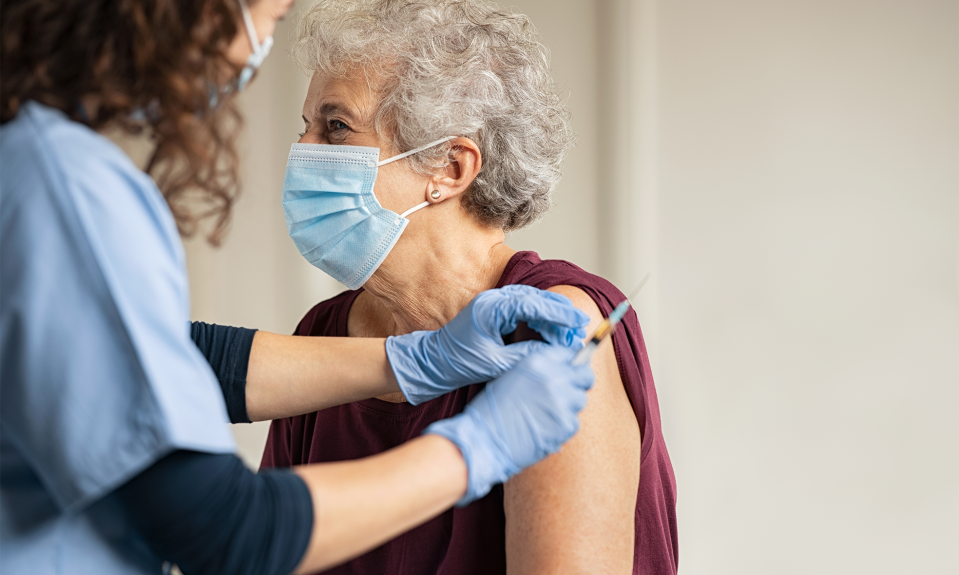You may have heard that COVID-19 booster shots are being administered across the country to certain populations. This change comes after recently released guidance from the U.S. Department of Health and Human Services that COVID-19 vaccine effectiveness wanes over time and a booster shot may be necessary to ensure protection.
Who Needs a COVID-19 Booster?
The CDC recommends that people with compromised immune systems receive an additional dose of mRNA COVID-19 vaccine. Why the change? In short, immunocompromised people are more vulnerable to COVID-19. They may not build the same level of immunity after a two-dose vaccine series as those who are not immunocompromised.
People in the following categories meet the criteria for a third shot:
- Cancer patients receiving active treatment for tumors or cancers of the blood
- Organ transplant recipients who are taking an immunosuppressant
- Those with advanced or untreated HIV
- Those receiving active treatment of high-dose corticosteroids
- Persons with moderate or severe primary immunodeficiency
- Anyone who has received a stem cell transplant within the last two years and is taking an immunosuppressant
Right now, this guidance only applies to people who received the Pfizer or Moderna COVID-19 vaccine. It’s not yet clear if immunocompromised people who received the Johnson & Johnson vaccine have an improved immune response following an additional dose of the same vaccine. Guidance is expected to be issued in the coming weeks.
When Will Everyone Else Need a Booster?
People with other conditions, such as heart disease, aren’t advised to get a COVID-19 booster just yet. Additional doses are not recommended for anyone other than immunocompromised people at this time—but that could change very soon. The U.S. Department of Health and Human Services advised in August that booster shots are coming to the general population this autumn. Americans who got the Pfizer or Moderna vaccine are expected to be eligible to get a booster shot eight months after their second dose.
Are The Vaccines Still Working?
Yes! COVID-19 vaccines are doing a demonstrable job of preventing hospitalization, serious illness and death in fully vaccinated people. It is, however, believed that the delta variant of COVID-19 is a stronger strain of the virus that is able to break through the vaccine’s first line of protection after six to eight months. Historically, it is not uncommon for vaccines to require several doses. Hepatitis B and HPV immunizations are a great example of this.
The CDC continues to recommend the use of the FDA-approved Pfizer vaccine for people 16 years and older. It is also recommended under an emergency use authorization for children 12-15 years old. To find a vaccine near you, visit vaccines.gov and search by your zip code.
The content of this site is for informational purposes only and should not be taken as professional medical advice. Always seek the advice of your physician or other qualified healthcare provider with any questions you may have regarding any medical conditions or treatments.


